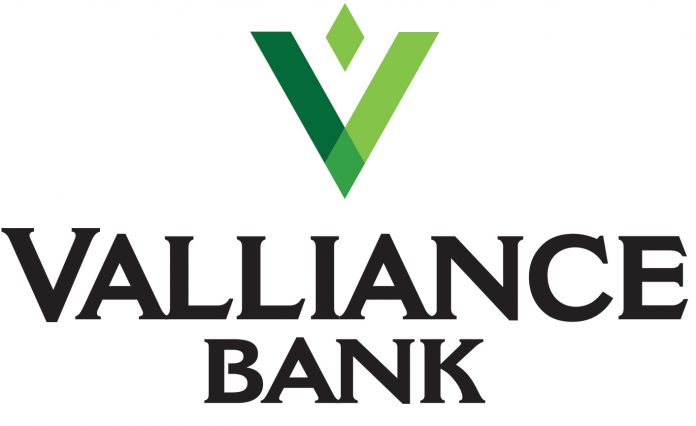5 Ways to Spot a Lottery Scam
You get a phone call or a letter in the mail informing you that you just won millions in a lottery. Could this be your lucky day? More than likely, no, as this is a very common scam that preys on your excitement to claim a big prize.
To finish out our series of scams, did you know that in 2017, nearly 500,000 people fell victim to lottery scams? The reported losses alone totaled $117 million and that’s only what was reported. The actual number of victims and losses are probably larger, as many victims are too embarrassed to report it. These scams, commonly referred to as “advance fee”, “lottery” or “sweepstake” scam, often begin with fraudsters informing you that you’ve won a lottery or sweepstake raffle. You are issued a check worth more than the amount owed and instructed to pay “taxes and fees” before receiving a lump sum payment. Unfortunately, the check, in addition to the raffle, is false.
There is no legitimate reason for someone who is giving you money to ask you to send money back. That’s a huge red flag that it’s a scam. To help prevent you from falling victim to this scam, here are some helpful tips to keep you from getting tricked.
* Don’t be fooled by the appearance of the check. Scam artists are using sophisticated technology to create legitimate looking counterfeit checks. Some are counterfeit money orders, some are phony cashier’s checks and others look like they are from legitimate business accounts. The company name may be real, but someone has forged the checks without their knowledge.
* Verify the requestor before you wire or issue a check. It is important to know who you are sending money to before you send it. Just because someone contacted you doesn’t mean they are a trusted source.
* Ensure a check has “cleared” to be most safe. Under federal law, banks must make deposited funds available quickly, but just because you can withdraw the money doesn’t mean the check is good, even if it’s a cashier’s check or money order. Be sure to ask if the check has cleared, not merely if the funds are available before you decide to spend the money.
* Report any suspected fraud to your bank immediately. Bank staff are experts in spotting fraudulent checks. If you think someone is trying to pull a fake check scam, don’t deposit it— report it. Contact your local bank or the National Consumers League’s Fraud Center, fraud.org.














